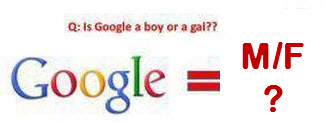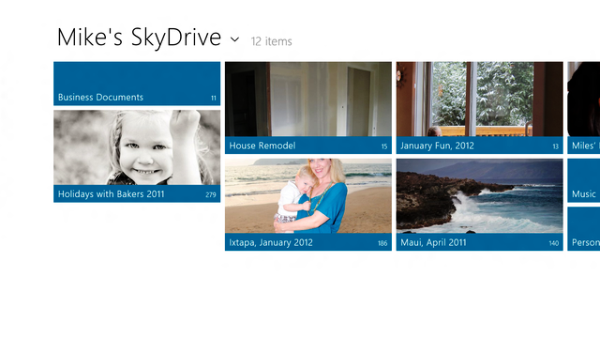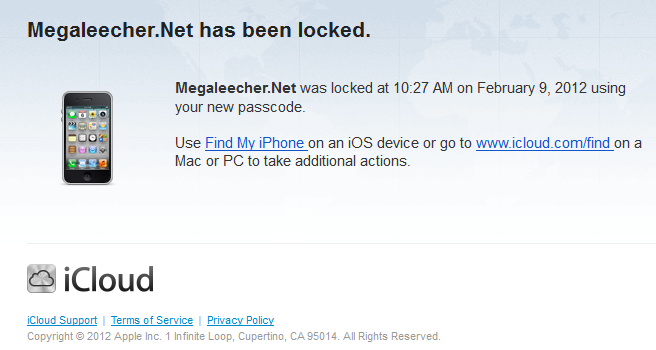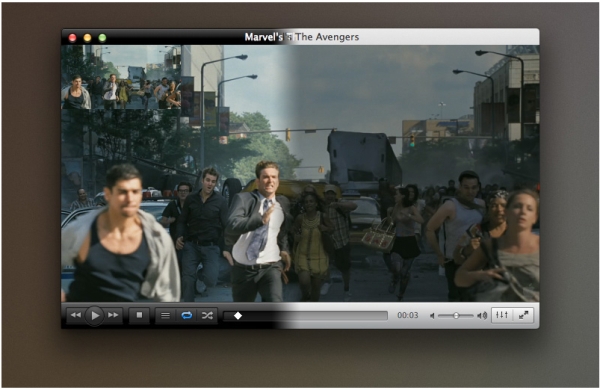It's sad. Google, Microsoft and Netflix has recently published its draft proposal of the Encrypted Media Extensions policy that aims to push DRM (Digital Rights Management) to web browsers. Although the proposal does not intend to forcibly implement the DRM platform, it's still a huge blow to parties that will be involved in the process. As expected, among those who responded to the draft posted on the W3C website is our good and faithful friend Mozilla. Mozilla was quick to question the proposed framework's capability to provide the much needed security demanded by content providers once it is implemented. Chris Pearce of Mozilla asked, "Can you highlight how robust content protection can be implemented in an open source web browser? How do you guard against an open source web browser simply being patched to write the frames/samples to disk to enable (presumably illegal) redistribution of the protected content?"

According to the authors David Dorwin (Google), Adrian Bateman (Microsoft) and Mark Watson (Netflix), their only aim is to provide essential components for a generic key-based content decryption system that is designed primarily to work with pluggable modules that will implement the decryption mechanisms. Furthermore, the Encrypted Media Extensions draft proposal emphasized the introduction of new API extensions for HTMLMediaElement, the interface that defines the specialized properties and JavaScript methods found in HTML audio/ video elements.
 Want a fast and easy utility to fine-tune your digital images, and dont want to battle your way out of the complicated settings and features of a full-blown image editing utility - "Ashampoo Photo Optimizer 3" is exactly what you want.
Want a fast and easy utility to fine-tune your digital images, and dont want to battle your way out of the complicated settings and features of a full-blown image editing utility - "Ashampoo Photo Optimizer 3" is exactly what you want.





